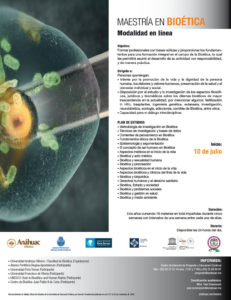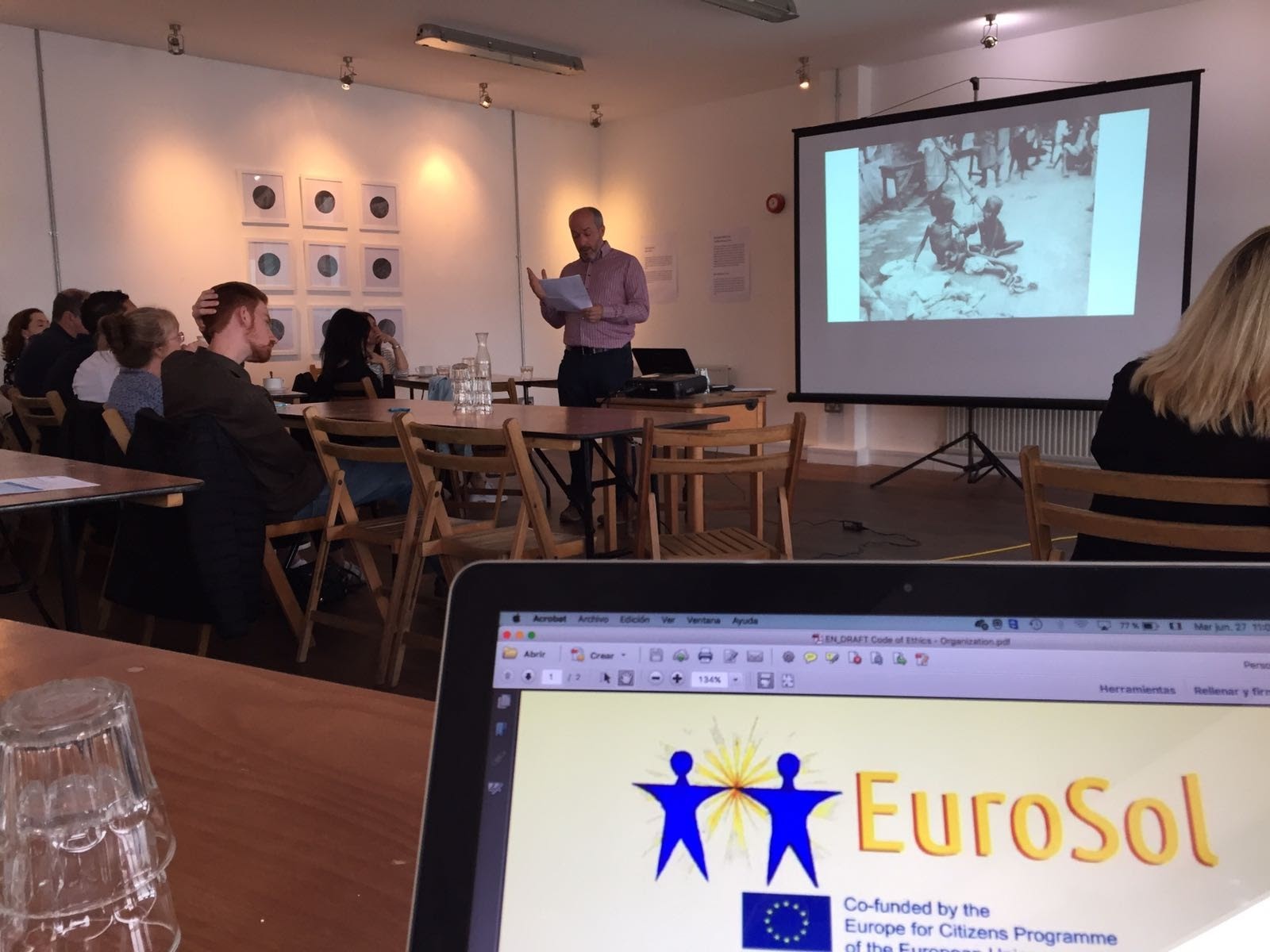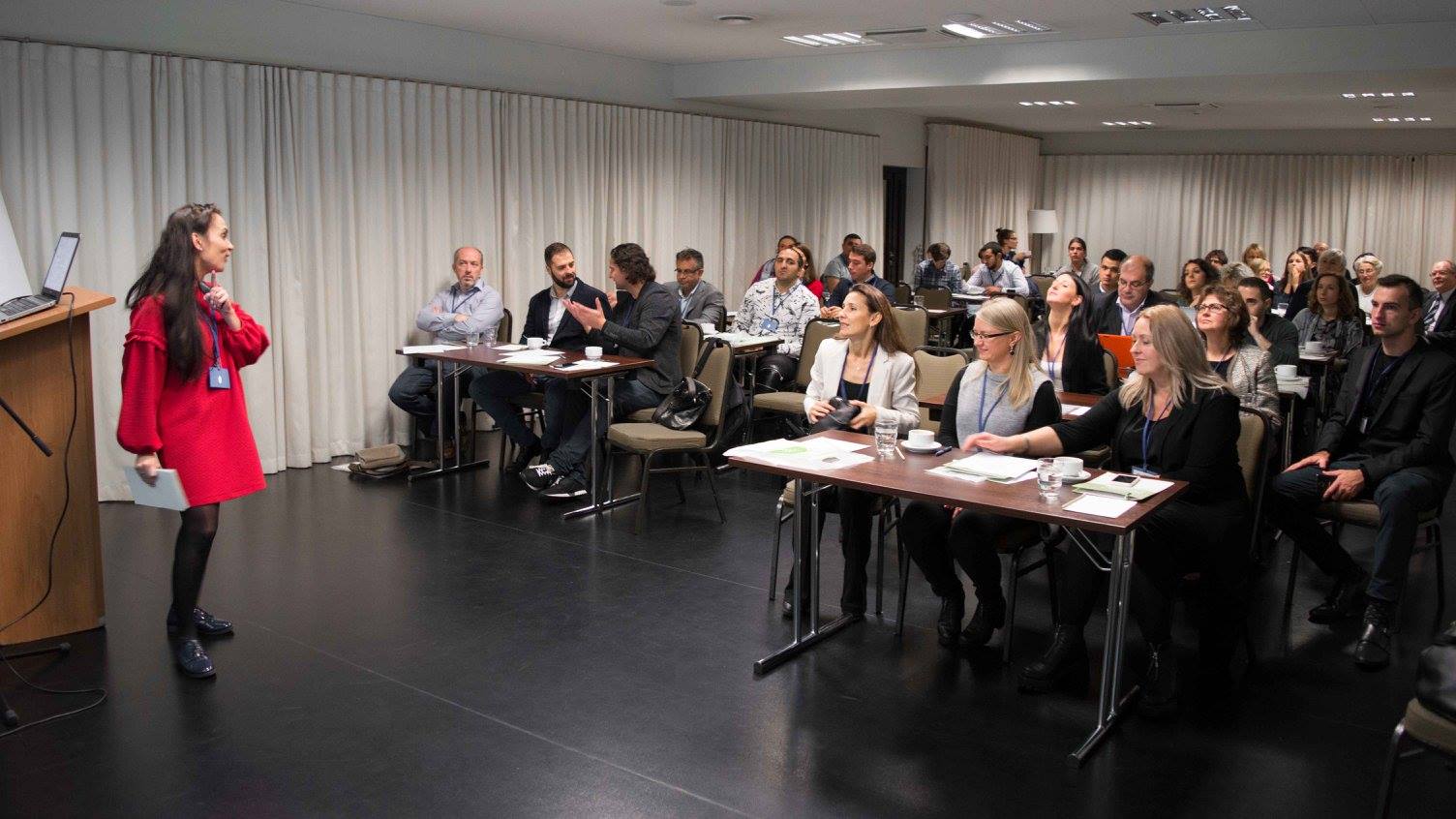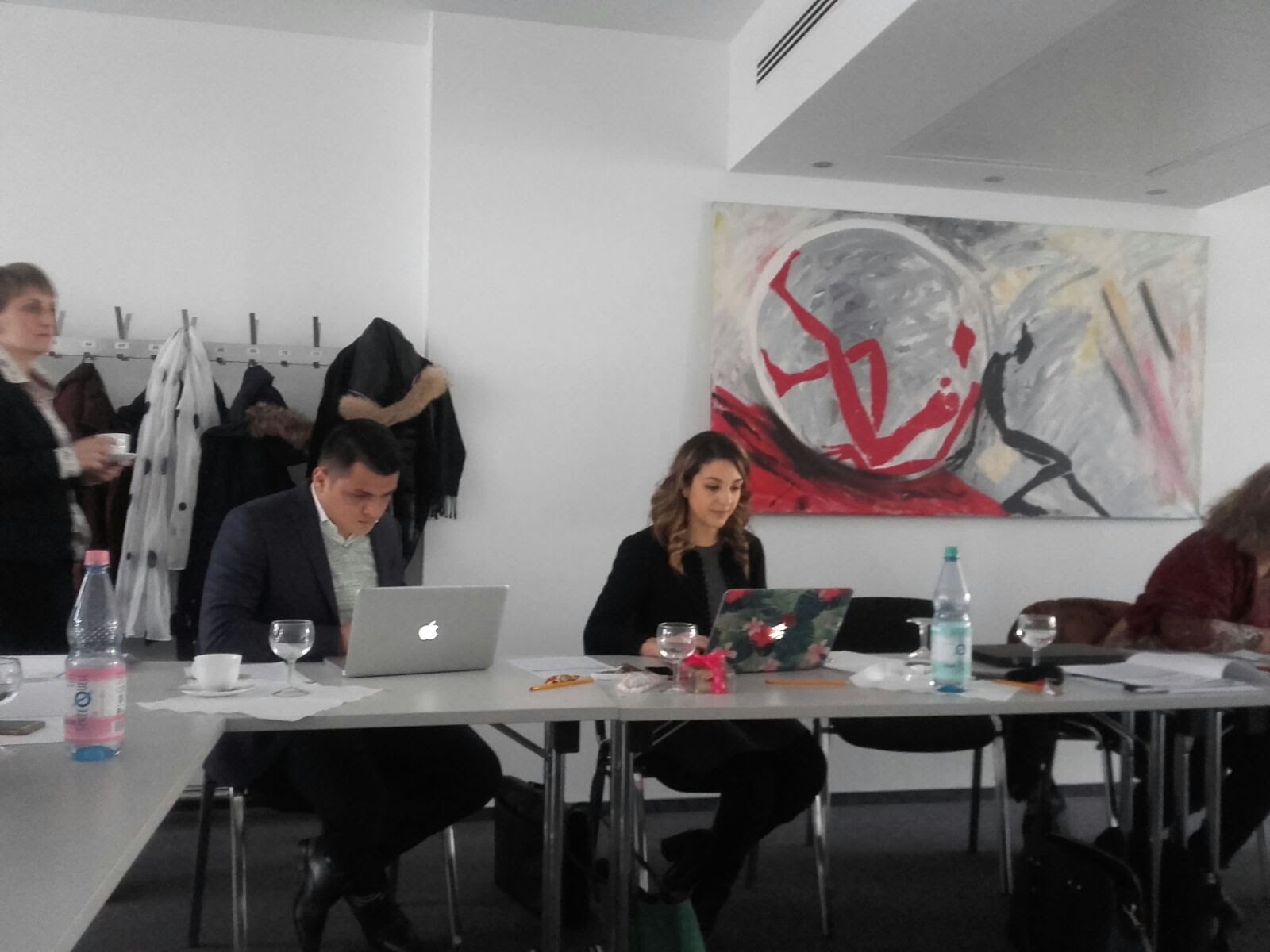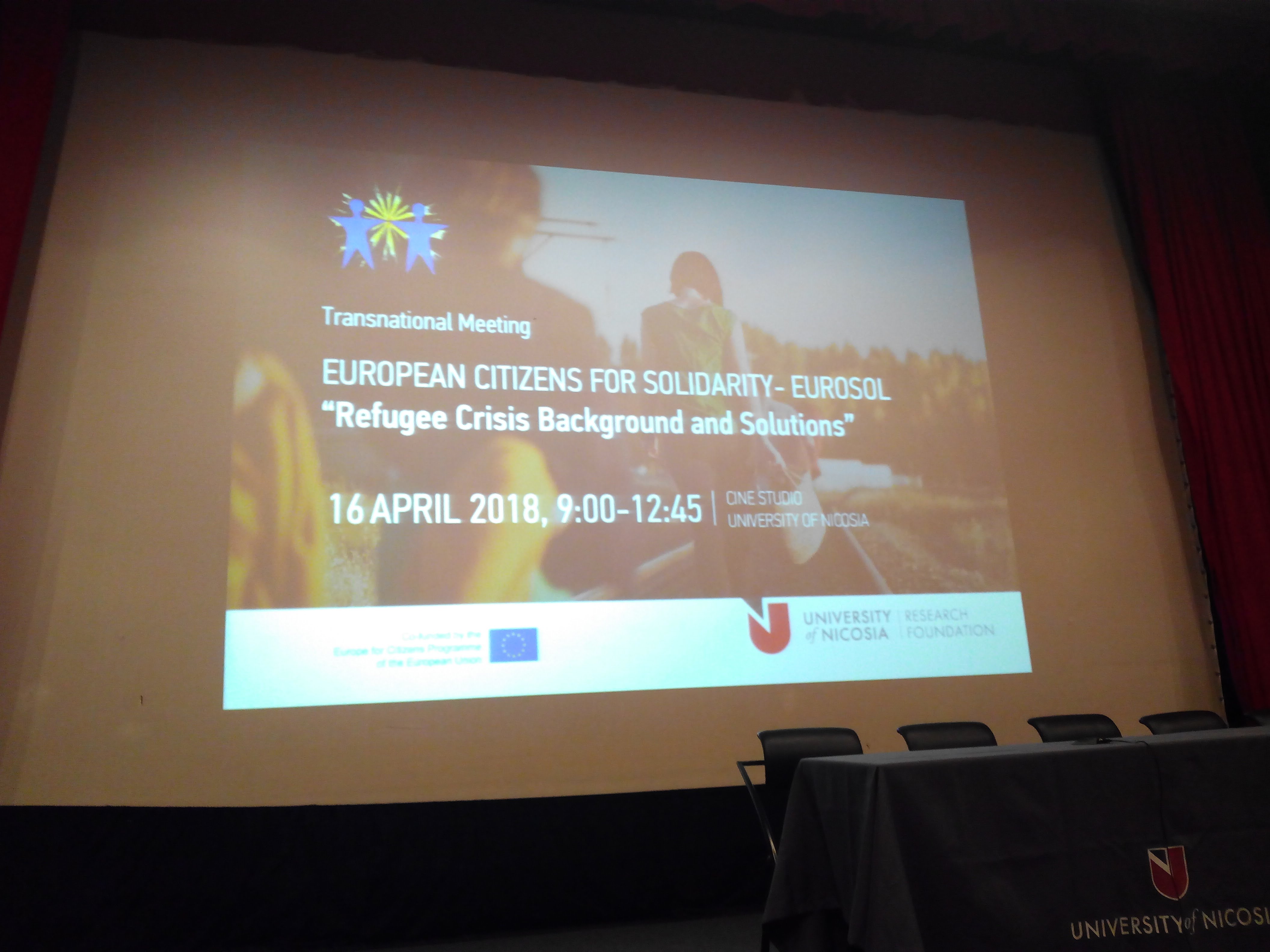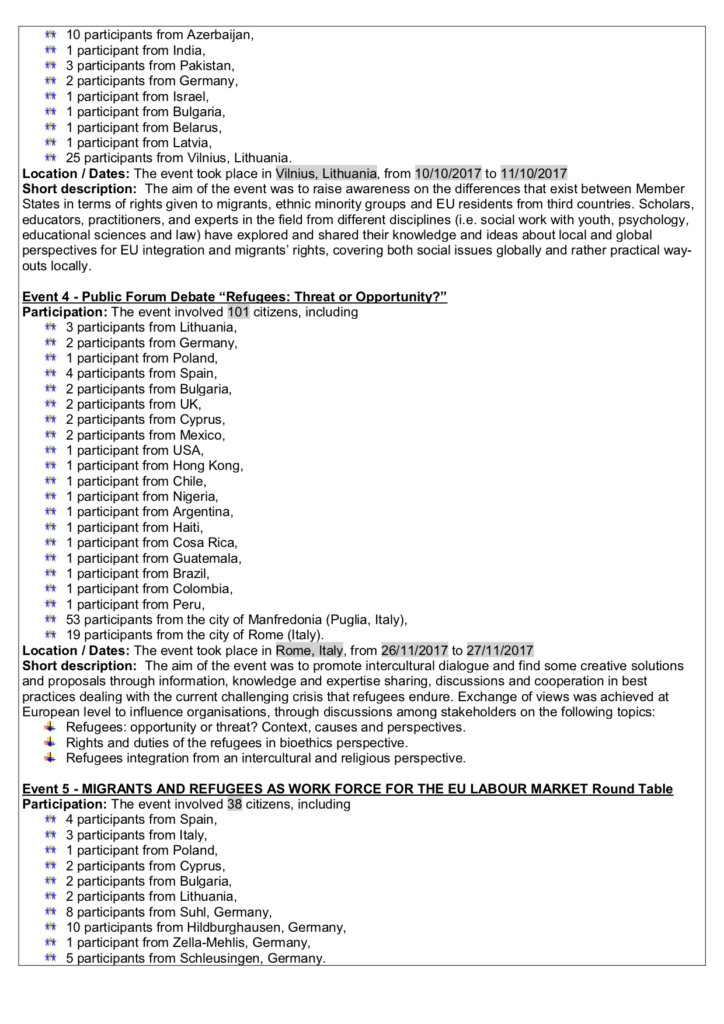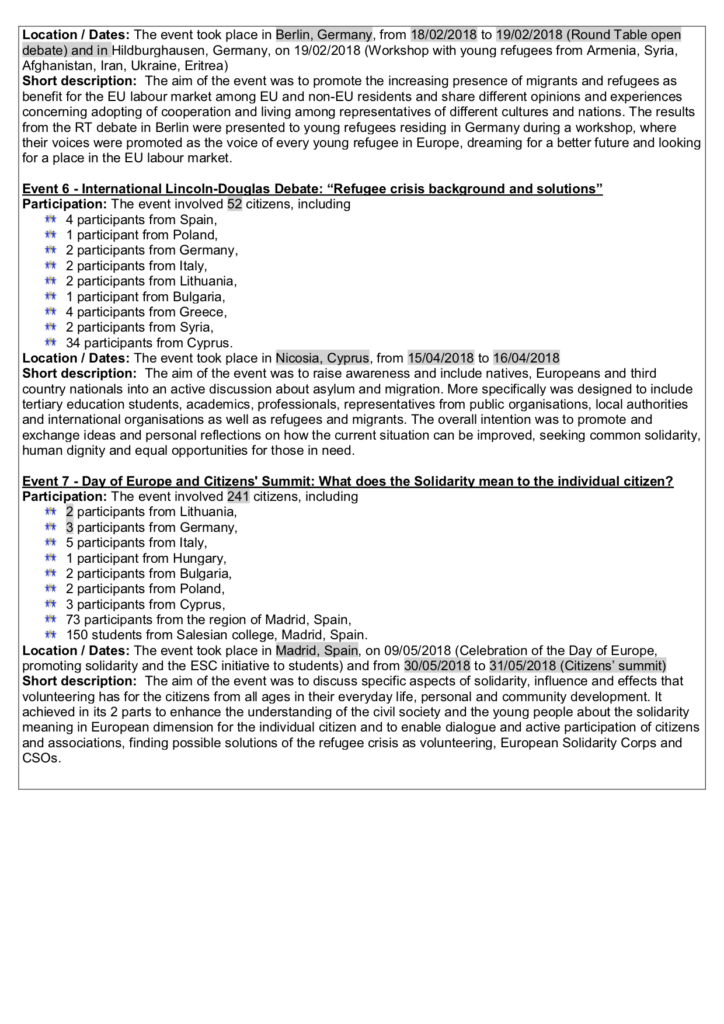UNESCO Chair Research Scholar launches new book: The Global Health Crisis: Ethical Responsibilities
UNESCO Chair Research Scholar Thana Cristina de Campos will release her new work The Global Health Crisis: Ethical Responsibilities on May 4, 2017 at the University of Ottawa. Below is a summary of the work from the Cambridge University Press. Click here to download the book launch flyer.
The Global Health Crisis
Ethical Responsibilities
Thana Cristina de Campos
University of Ottawa
Proposing a new view of global justice based on natural law, this book presents a discussion of the key ethical values in contemporary medicine and health, notably in relation to neglected diseases like malaria, Ebola and Zika. The lack of treatments for such diseases point to a global health crisis. Thana Cristina de Campos provides a general framework, based on global commutative justice, for discussion of the ethical responsibilities of international stakeholders, mapping the varying duties they have, and their content and force. She also addresses the urgent need for reforms to the international legal rules on bioethics, notably the system of intellectual property rights. These ideas will be of interest to those who are looking for a more nuanced view of the human right to health than that provided by advocates in the globalist mainstream.
Introduction; Part I. Defining the Object: What Is a Reasonable Scope and Content for the Human Right to Health?: 1. The moral value of health: health as a basic human need; 2. The human right to health and its corresponding responsibilities; Part II. Defining the Subjects: Who Are the Duty-Bearers of the Right to Health?: 3. States and natural persons as subjects of justice; 4. Pharmaceutical transnational corporations as subjects of justice; Part III. Defining Just Institutions: How Should Right to Health Responsibilities Be Allocated among the Subjects of Justice?: 5. The global health governance of the global health crisis; Conclusion.

